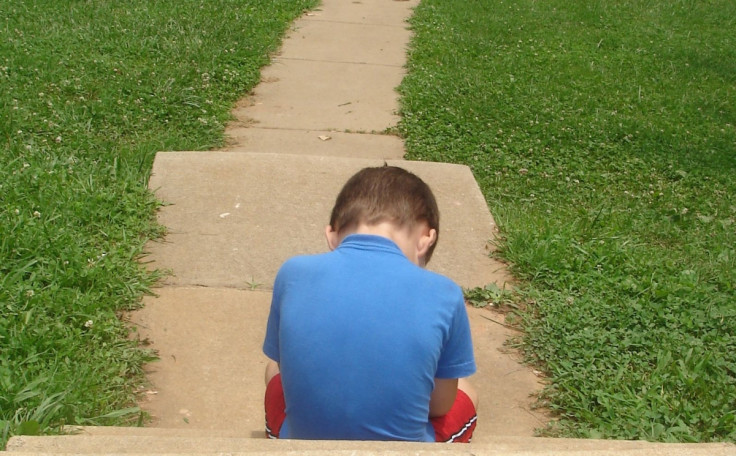Identifying Paedophiles Through X-Ray Could Soon be Possible

Identifying paedophiles could soon be possible through an X-Ray scan, the first of its kind, a new research suggests.
Scientists at the Christian-Albrechts University of Kiel, Medical School in Kiel, Germany have confirmed that brains of child abusers are "abnormally tuned" to faces of the children.
In the study, 46 people, including 24 paedophiles, were scanned using functional magnetic resonance imaging (fMRI) and were shown various face images of adults and children.
"In individuals attracted to adults, adult faces activated several brain regions significantly more than child faces. The same regions were activated in paedophiles, but with a reversed preferential response pattern," researchers noted in their study published in the current issue of the Royal Society journal Biology Letters.
The brain regions that were observed during the scan comprised of areas known to be involved in face and sexual processing.
The regions included occipital areas that affect visuals, the ventrolateral prefrontal cortex that affect emotions, and the putamen and nucleus caudatus, which regulate voluntary limbs movement.
According to the study, human faces can motivate nurturing behaviour or sexual behaviour when adults see a child or an adult face.
Researchers said the scan tests directly for the existence of a network, which is tuned to face cues of sexual maturity.
"This suggests that face processing is tuned to detecting age cues of sexual maturity to stimulate the appropriate reproductive behaviour: either caretaking or mating," the researchers said.
"In paedophilia, sexual attraction is directed to sexually immature children. Therefore, we hypothesised that brain networks that normally are tuned to mature faces of the preferred gender show an abnormal tuning to sexual immature faces in paedophilia," they concluded.
Scientists hope the study will possibly help identify potential paedophiles at a young age as well as grab child abusers from around the world.
© Copyright IBTimes 2025. All rights reserved.






















